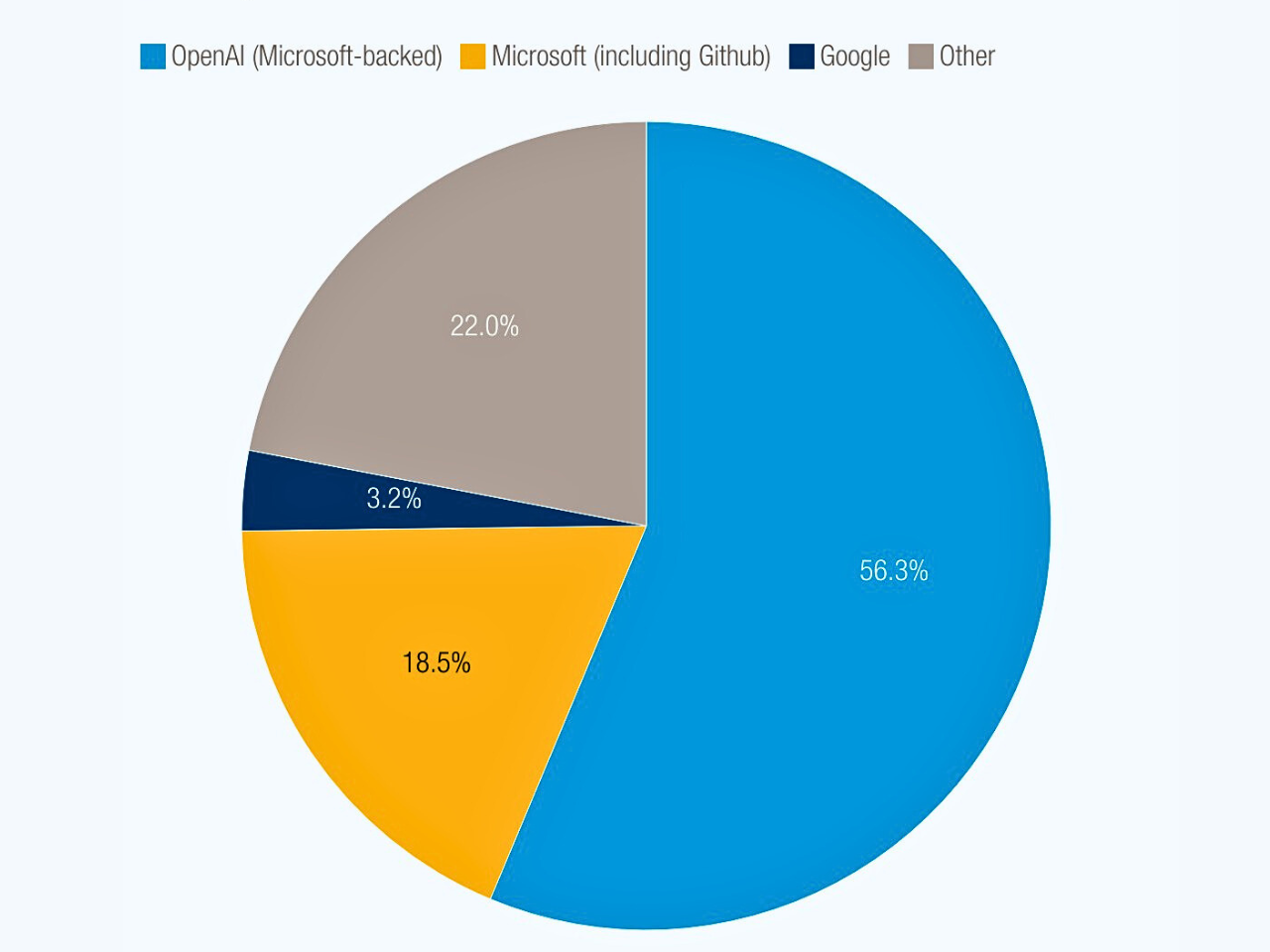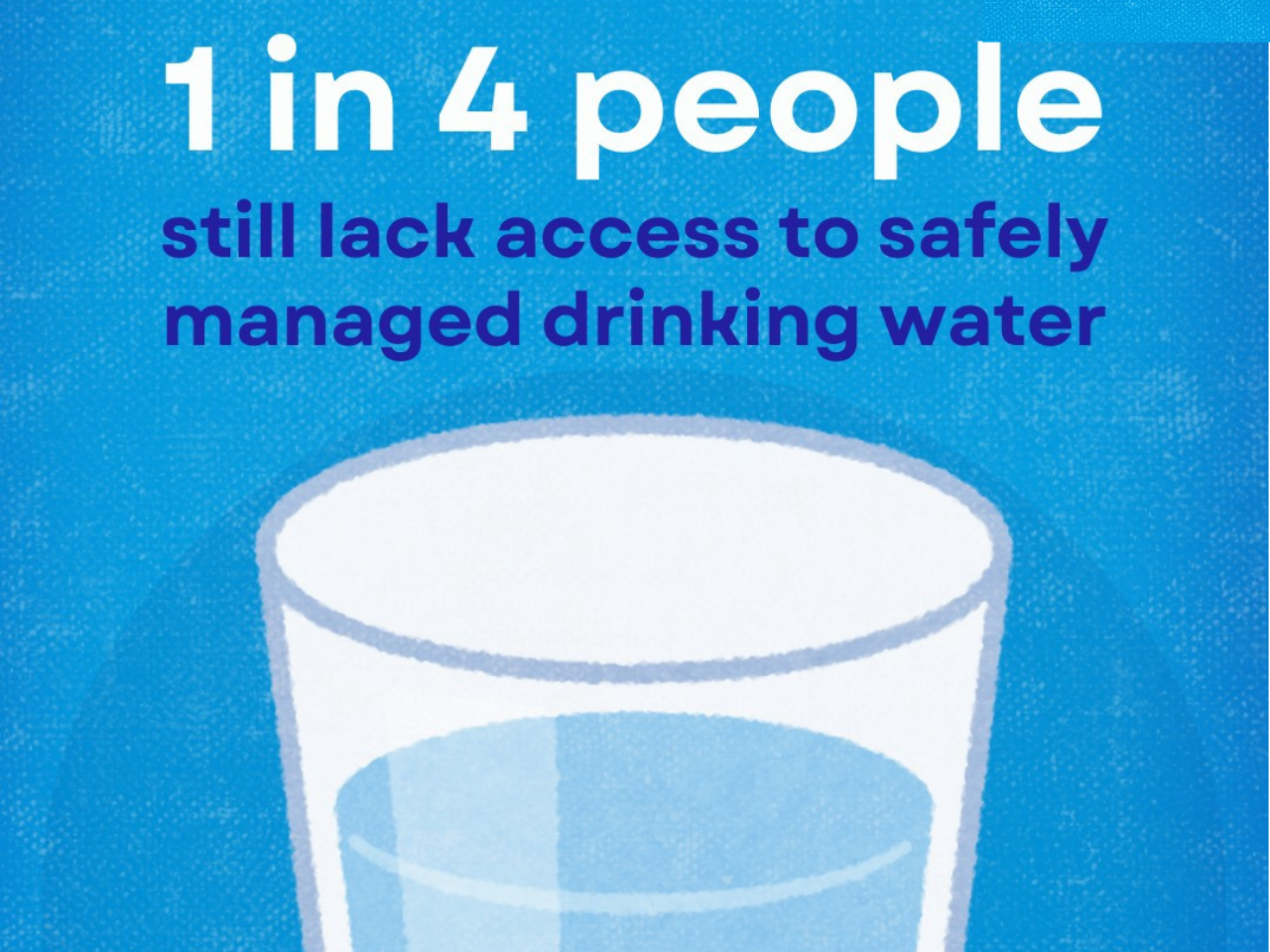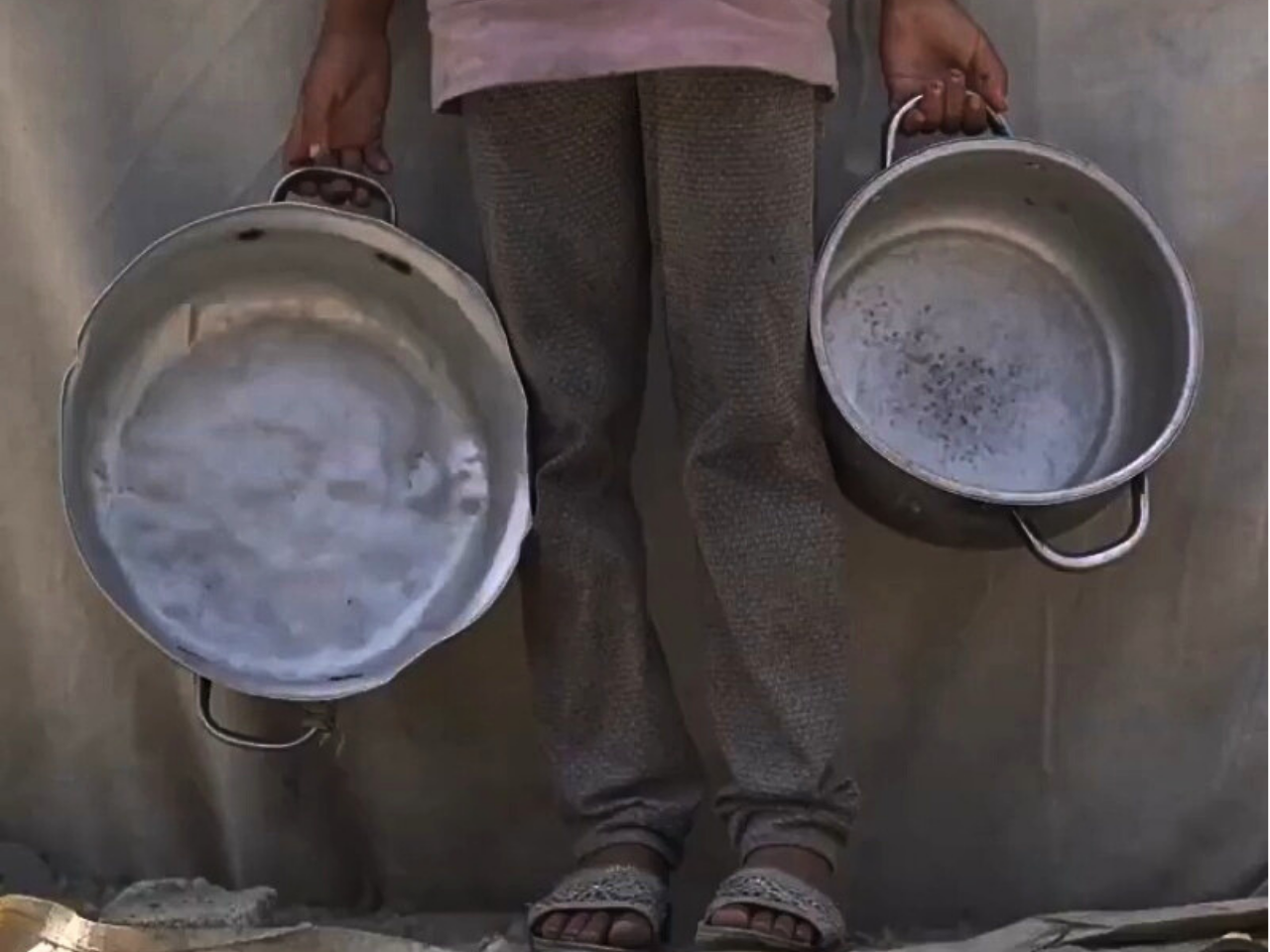1 Billion People Suffering: Global Mental Health Crisis Demands Urgent Action
Mental health problems affect at least one billion people worldwide, and anxiety and depression are among the most common mental disorders. Mental illnesses, including these forms of anxiety and depression, now ranked as the second cause of years lived with disability, present a major burden on people, families, and health systems and reduce productivity in world economies with losses estimated at US$1 trillion in 2020 alone and are the primary cause of repeated loss of life through suicide.
Among the younger population, there were 727,000 deaths by suicide in the year 2021. Despite the international objectives of the UN Sustainable Development Goals, it now appears international suicide prevention efforts are not on track to yield World Health Organization (WHO) targets to reduce suicide by one-third by 2030, and only a projected 12% and an indicator that health agencies have recently published laments for governments for its goal.

The World Health Organization's recent reports demonstrate both progress and persistent gaps in mental health services. In many areas around the world, countries have developed policies and mental health initiatives in schools and workplaces and in times of emergency, while investments still remain stagnant. In high-resource countries, spending on mental health can be as high as US$65 per person and can be an extremely low US$0.04 in low-resource settings. Globally, the number of 33 mental health workers per 1,00,000 of population shows that they are from developing areas. In regard to service delivery, there still remains a very low percentage of countries (fewer than 10%) that have completely transitioned to care based on communities. Throughout the world, psychiatric treatment is still fundamentally hospital-based and often involves involuntary admissions for greater than a year.
On the positive side, more than 80% of countries are now incorporating mental health into emergency responses, up from 39% in 2020, and telehealth services are increasing rapidly. But the evidence base remains large, and access to care is highly unequal across countries, with less than 10% of affected people receiving care in lower-income countries. There is a call from WHO for urgent action: more equitable funding, rights-based policy changes, and the expansion of the workforce and community-facing models of care must all become global priorities for changing mental health.
Latest News
Ireland's Well-being Report Highlights Progress and Persistent Challenges
The 2025 report analyzes 35 indicators in 11 dimensions. The indicators show significant advancements and difficulties but do not fully capture Irish life. Ireland has experienced advancements in a variety of areas over the past five years. Stronger government finances improved access to increased income and wealth, as well as less loneliness and increased social ties and participation

Poland’s Defense-Led Growth Strategy: Highest NATO Defense Share and Its Economic Trade-offs
The national security establishment in the amount dedicated to defense spending (4.8 percent of GDP). At about 200 billion zloty (about US$55 billion) in defense spending, it will be the highest level of spending associated with NATO's event, less than their goal of two percent of GDP

Digital Giants Dominate Global Markets: 7 Companies Control Nearly 50% of Digital Space
The UN Trade and Development (UNCTAD) Global Trade Update, released 8 July 2025, emphasizes today that seven global companies out of ten have now become digital giants across sectors (cloud, e-commerce, AI, and digital advertising). In 2017 their combined share was 21%, and by 2025 it had increased to 48%

2 Billion People Still Lack Access to Safe Water, Sanitation
Drinking water coverage increased from 68% to 74%, causing 961 million more people to gain such access, while rural coverage increased from 50% to 60%, although urban coverage stabilized at 83%. Despite these benefits, one of the shocking 2.1 billion people is one in about four that still has safely managed drinking water

Scotland's Economy Sees Robust 0.6% Growth in June 2025, Driven by Services and Manufacturing
Scotland's economy documented a GDP rate that increased 0.6 percent in June 2025. This was released by the chief statistician, highlighting that there is a robust performance compared to May, when the development level earned up to 0.1 percent, suggesting a fall after earlier estimation

EU and Jordan Sign €500 Million Macro-Financial Aid Package to Boost Economic Stability
The agreement signed in Amman represents the fourth MFA program provided to Jordan and underlines the long-term commitment of the European Union under the European Union's Jordan strategic and comprehensive partnership. With the expectation of the first payment within a month, more than two and a half years of support will be issued in three installments

Scotland Takes a Step Forward: £228,000 Fund Empowers Flexible Working Revolution
The Scottish government has introduced three pilot projects designed to assist individuals, especially people with disabilities and people with long-term health issues, in securing jobs, staying employed, and moving forward in their careers. Collectively, the programs will receive £228,000 in government support to encourage flexible working methods and increase workforce diversity in various fields

Finland & Ukraine Unite: Strengthening Ties for a Secure European Future
A strong partnership between Finland and Ukraine, including Finland's continuous support for Ukraine, the status of bilateral relations, intensive integration with the European Union towards Ukraine's passage, and Russia's wide international status of the ongoing war shaping the involvement of Russia

US-EU Landmark Trade Deal: Tariffs Capped, Energy Exports Soar
The European Union announced a $600 billion investment directed towards American strategic sectors such as infrastructure, clean energy, and advanced technology with a view to deepen transatlantic cooperation. Strategically, the deal is seen as a domestic win in Washington that protects jobs, opens new markets, and stops a growing business from war

Gaza Hunger Crisis: UN Agencies Confirm Famine Amid Devastating Conflict
UNICEF estimates that more than 12,000 children were the most malnourished monthly in July since the conflict began. The rate of ruin due to lack of nutrition has been multiplied several times since the beginning of 2025. The latest Integrated Food Safety Classification (IPC) analysis found that more than 640,000 people are facing famine-level food insecurity, a figure expected to move forward if human reach does not improve


